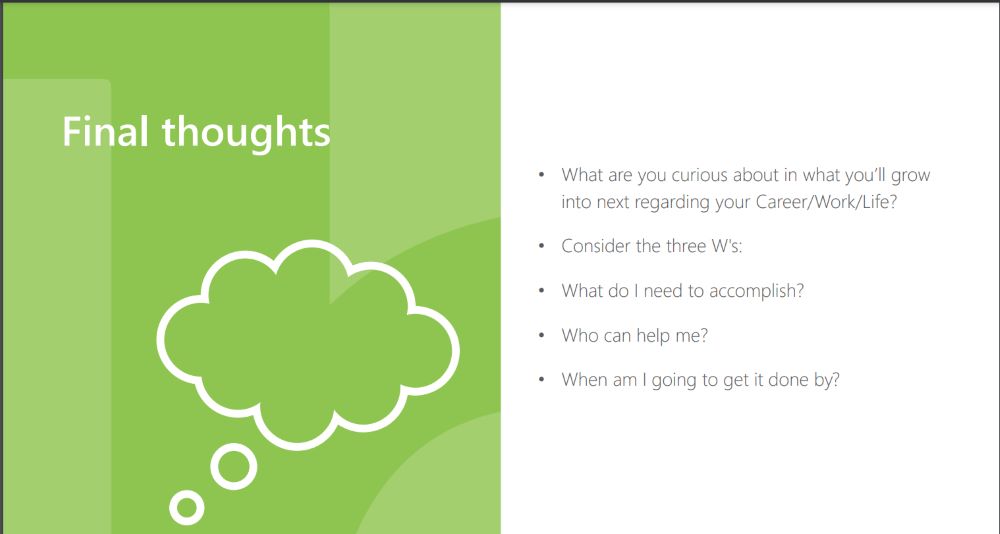JANE PORTNOY
Jane Portnoy is Social Worker – Haemophilia & Other Inherited Bleeding Disorders at the Ronald Sawers Haemophilia Centre, Alfred Health, Melbourne
Making career choices
Chair ~ Penny McCarthy
Career choices over a lifetime. Do they change with new treatments? ~ Penny McCarthy
Personal stories video
How to make career choices ~ Jon Hazelton
Employment: discrimination, disclosure and the law ~ Mark Waters
Personal story ~ Dale
Panel discussion and Q&A ~ speakers and nurse: Kara Cordiner; physiotherapist: Abi Polus; social worker: Nicoletta Crollini

We were very lucky to have such a skilled and interesting group of presenters to the session on making career choices. They provided some legal perspective, career advisor wisdom, lived experience, and the various MDT (multidisciplinary team) perspectives. However, it is no surprise that the best part of the presentation was the discussion with the audience at the end. Hearing how various people managed their own employment challenges was thought-provoking and useful. Everyone agreed that the direct approach, ie talking to your employer was usually a great place to start.
The experience of the Careers Advisor, Jon Hazelton from Bravo Careers, was to get familiar with yourself, your learning style, what you want and then set yourself up to take action towards what your goals. ‘If it’s to be, it’s up to me’ (William Johnsen 20th century painter), was Jon’s slogan to encourage those looking to change their career to have a ‘bias towards action’ alongside goal-setting, and planning.

Mark Waters from CIE Legal spoke about some of the legal issues that workers face. Discrimination and disclosure are the challenges that are sometimes encountered by people with chronic illness. He also spoke about a worker’s options when they have experienced discrimination. Being well informed and understanding the relevant Act of Parliament is a starting point in understanding if there is discrimination. Other advice was to work out what outcome you would want and to weigh up the costs: time, emotional and financial. It is really important to do this analysis as even when you win and are clearly in the right; a legal pathway is not easy. Getting good legal advice is essential in these situations.
Relevant Acts include:
Haemophilia Foundation Australia acknowledges the Traditional Owners and Custodians of Country throughout Australia, the land, waters and community where we walk, live, meet and work. We pay our respects to Elders past and present and extend that respect to all Aboriginal and Torres Strait Islander peoples.
Sign up for the latest news, events and our free National Haemophilia magazine